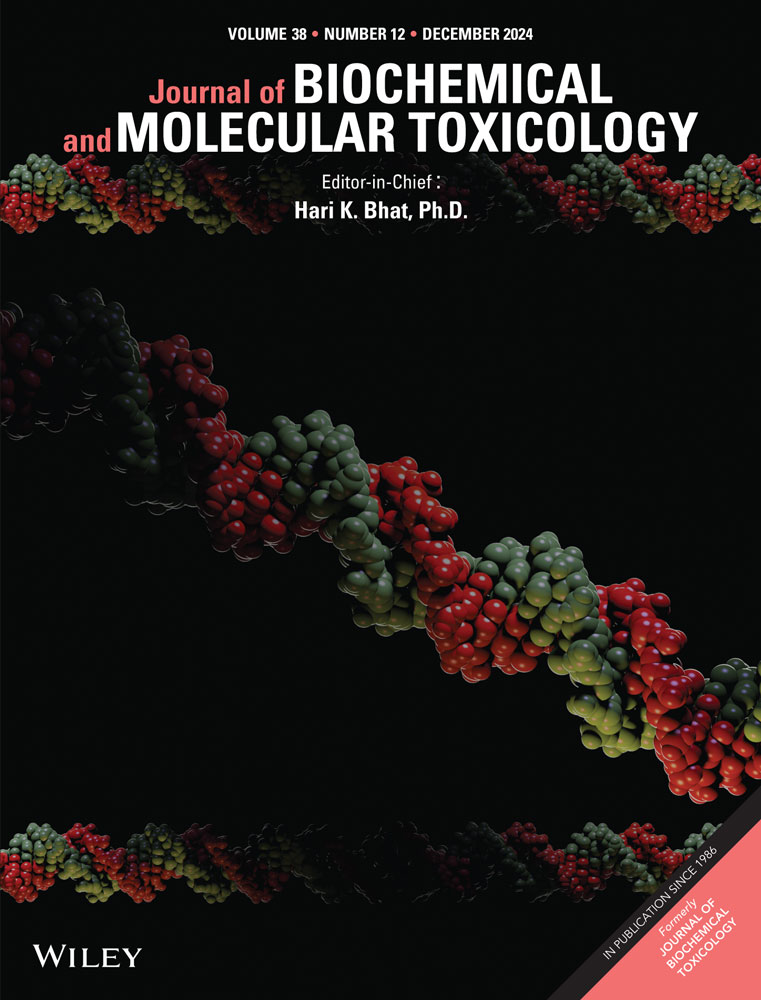Cancer-Associated Fibroblast-Derived RIPK4 Confers Cisplatin Resistance in Gastric Cancer by Activating the PI3K/AKT Pathway
Abstract
Cancer-associated fibroblasts (CAFs) play a central role in cancer progression and are involved in modulating cancer cell proliferation, invasion, metastasis, drug resistance and so on. Receptor Interacting Serine/Threonine Kinase 4 (RIPK4) was demonstrated to promote gastric cancer (GC) metastasis and tumorigenesis. Here, this study aimed to explore whether GC-derived CAFs affected cisplatin (DDP) resistance in GC cells via RIPK4. DDP-resistant GC cells were first established. Levels of RIPK4 mRNA and proteins were detected using qRT-PCR and western blotting. The IC50 values of DDP, cell proliferation, invasion, and migration were analyzed using MTT, 5-ethynyl-2′-deoxyuridine, transwell, and wound healing assays, respectively. PI3K/AKT pathway-related proteins were measured by western blotting. Animal experiments were performed for in vivo analysis. Here, we found that CAFs enhanced DDP resistance in DDP-resistant cells by promoting cell proliferation, invasion and migration. CAFs led to an increased RIPK4 expression in DDP-resistant cells. The silencing of RIPK4 suppressed DDP resistance in DDP-resistant cells. Moreover, RIPK4 silencing in CAFs could also reduce DDP resistance in GC. Mechanistically, CAFs could activate the PI3K/AKT pathway by RIPK4. In vivo assay also showed that RIPK4 silencing in CAFs attenuated CAF-induced DDP resistance. In conclusion, RIPK4-decreased CAFs suppressed DDP resistance in GC by blocking the activation of the PI3K/AKT pathway, recommending a novel method for overcoming DDP resistance in gastric cancer.


 求助内容:
求助内容: 应助结果提醒方式:
应助结果提醒方式:


